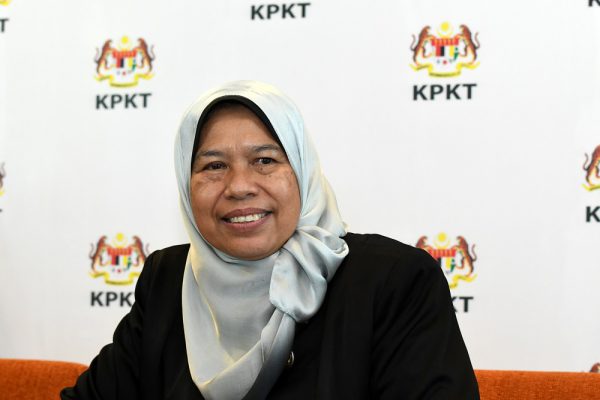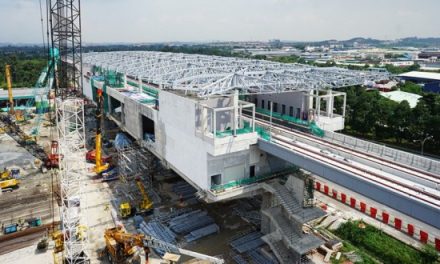Quicker approvals for developers who use standardised IBS models
The housing and local government ministry and works ministry have come up with several models of industrialised building system (IBS) homes that, if used by developers in constructing affordable homes, will result in quicker project approvals. The move is to encourage greater adoption of the construction system. Housing and Local Government Minister Zuraida Kamaruddin said the usage of IBS currently is optional, but the government has been promoting it as the construction system will result in lower overall costs and faster completion time. When the developers use these standardised models, the approval process from the local government will be faster as the ministry will do a blanket application. She added that these units can be applied for the development of houses in the RM300,000 and below price range. (The Edge)
Malaysia property market to see ‘further stagnation’ in 2019 — Rahim & Co
Property consultant Rahim & Co expects 2019 to be a year of further stagnation for the property market in Malaysia, before any meaningful recovery can be seen in one to two years’ time from now due to measures such as the National Housing Policy 2.0 and Property Crowdfunding platform. It added that the continuation of the wait-and-see sentiment and the persisting struggle of buyers securing housing loans contributed to the market’s stagnation and the rising of inventory levels. The office market recovery will take a little more than one year because of the incoming supply as well as the global economic situation, while growth will continue on for the industrial segment riding the e-commerce wave. Retail malls are also at risk of oversupply with more new malls soon to enter the market, although Malaysia’s overall occupancy rates are holding up above 80%, helped by e-commerce taking businesses to brick and mortar, Rahim & Co said. (The Edge)
Malaysia nears deal with China to revive ECRL project
Malaysia is making progress in talks with China to revive a high-speed rail project that Prime Minister Tun Dr Mahathir Mohamad’s government said it would cancel, according to Foreign Minister Datuk Saifuddin Abdullah. China is willing to reduce the US$20 billion price tag for the East Coast Rail Link (ECRL) project and talks are “in the last mile”. “It is not canceled until and unless we can’t settle on the numbers,” he said. Besides the railway, Dr Mahathir has also canceled a gas pipeline project backed by China, criticized foreign ownership in a housing development marketed to Chinese investors, and warned against “a new version of colonialism” on a trip to Beijing. (The Edge)
Mat Sabu: Defence Ministry lost over RM500mil from land swap deals
The Defence Ministry lost more than RM500mil from several land swap deals worth RM4.75bil, says Mohamad Sabu. The Defence Minister said they had received the report from the Governance, Procurement and Finance Investigating Committee led by former Auditor-General Tan Sri Ambrin Buang on the land swap deals. The committee investigated 16 deals involving 2,932 acres of land belonging to the ministry. The ministry was informed that a majority of the land swap projects were implemented without detailed planning, and selection of the developer companies was also not done with due diligence. (The Star Online)
 Malaysia launches national wage index
Malaysia launches national wage index
The National Wage Index will be a guideline to measure changes in the salaries of workers in Malaysia, said Human Resources Minister M. Kulasegaran. The index, the first in the country, was one of the 11 labour market consolidation initiatives under the 11th Malaysia Plan (11MP). It is included in the priority areas of increasing productivity, enhancing job creation and raising the salary structure. Employers can use it as a guide for setting pay levels for salary adjustments and as input to their human resources policies. The government could use the index to monitor salary adjustments, as input for fixing the salary and to revise the minimum wage and for policy considerations. The ministry will publish the index on a quarterly basis, and the next release will be in the second quarter this year. (The Star Online)





